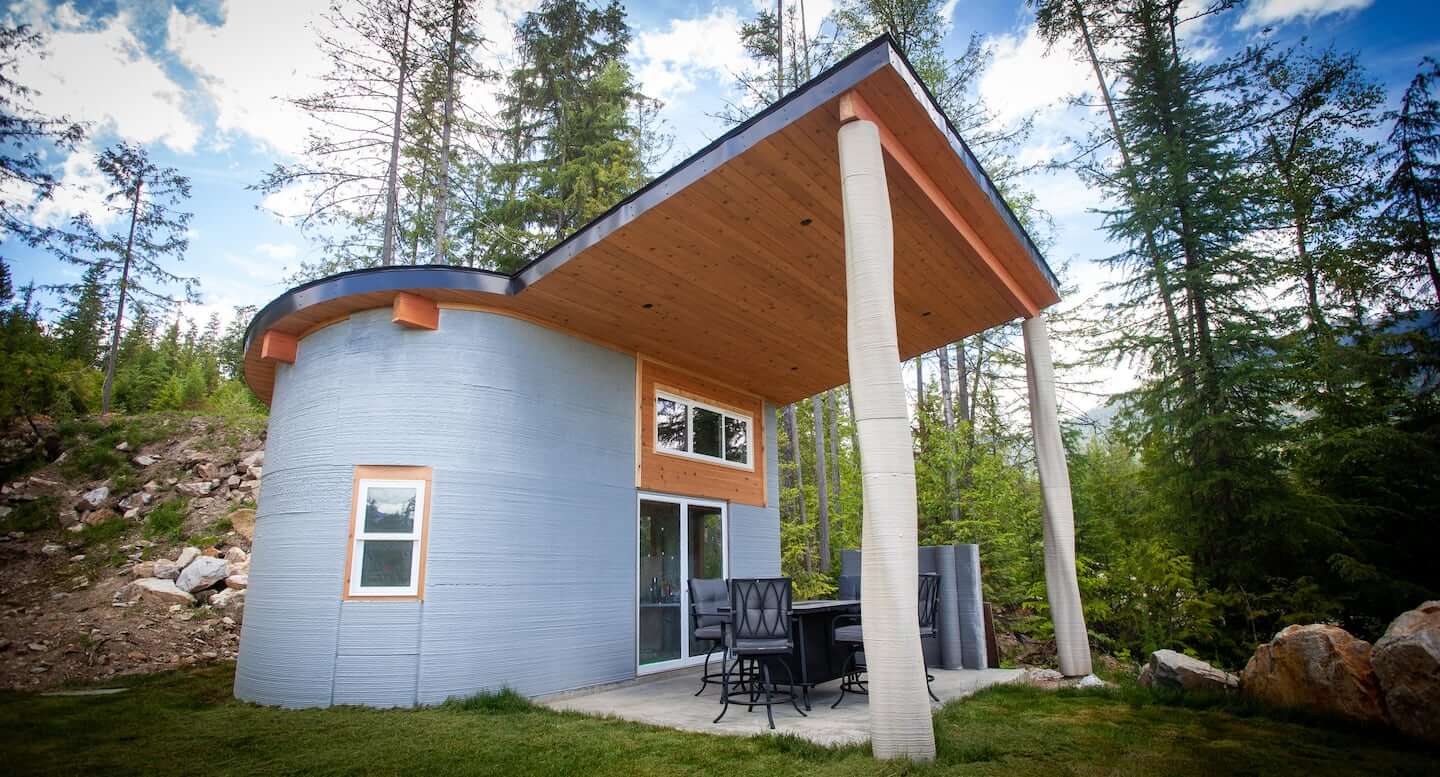As governments worldwide debate how to evacuate, vet, and settle thousands of refugees and asylum seekers, Airbnb is demonstrating how brands and businesses can take the lead to help those trying to reallocate to safety.
Airbnb.org provides free, temporary accommodation to those in need, whether someone is a refugee, asylum seeker, or in an emergency. Airbnb has partnered with organisations, resettlement agencies, and nonprofit partners to provide housing to those in need.
 Mike Gallinari, Travel and Leisure Analyst
Mike Gallinari, Travel and Leisure Analyst
“Airbnb means well, but must consider its own shortcomings.”
The announcement by CEO Brian Chesky in 2021 to pay Airbnb volunteers to host 20,000 Afghan refugees is a bold one in terms of public relations. It’s one that is in many ways compatible with how the moral compass of travellers is evolving. However, it is also one that can be hindered by the struggles with discrimination that have dogged the company since its inception.
Homeshares and home rentals have surged in popularity since the outbreak of the pandemic, which has helped Airbnb’s bottom line but has also made for more fierce competition from related brands like Vrbo and Sonder. However, large-scale moral action like Airbnb’s refugee stance is the kind of action that can make the brand stand out. Particularly among younger travellers, who are increasingly concerned with the ethical and sustainable stances of brands. Mintel’s research on vacation planning reveals that almost half of people planning to travel are more concerned than ever with the potential environmental impact of their trip. The fact that Airbnb is putting up its own money to enact this program is likely to resonate with the growing demographic of conscious and sustainable travellers.
At the same time, there has been a multitude of reports about racial discrimination both by Airbnb hosts and people in host communities. Considering the hosts who lodge refugees are volunteering to do so should eliminate host discrimination from the equation. But the attitudes and actions of the host’s neighbours toward relocated refugees can be negative. While these actions are out of Airbnb’s control, they do open the company up to criticism. Moreover, there is always the possibility that unscrupulous hosts can abuse or exploit refugees that may feel they have little recourse. As a corporation and not a government entity, Airbnb may not be able to adequately address these concerns should they arise. The temporary housing plan is a bold one for sure, but without taking appropriate steps to ensure that refugees are supported and protected within the programme, the company could be acting above it’s capabilities.
 Lisa Dubina, Senior Culture and Identity Analyst
Lisa Dubina, Senior Culture and Identity Analyst
“Airbnb’s quick response is likely to earn praise among young and multicultural consumers”
Since the beginning of 2020, America has experienced a surge in social awareness and consumer activism. We’ve witnessed that consumers’ top social issues of concern are not fixed; the issues they consider most pressing vary based on what is relevant and top of mind at a given time. Over the past few years, supporting immigrants and refugees has not been a widespread concern among the general population, however, it has still garnered notable attention.
Our research in 2020 on US Activist Consumers uncovered that close to a quarter of Americans included “supporting immigrants and refugees” as one of the top five social issues they are most passionate about. Gen Z adults, Hispanic consumers, and liberal-leaning individuals are all significantly more likely to say they are passionate about immigrant and refugee aid. In Mintel’s Report on Multicultural Young Adults and Social Activism, one in five Black and Asian young adults and a third of Hispanic young adults rank immigration reform (e.g. stopping deportations, supporting DREAMers) among the top three social issues they feel need the most support and advocacy right now. With the recent and frequent news coverage of the situation in Afghanistan and Ukraine, it is likely that even more consumers are now aware of and passionate about supporting Afghan and Ukrainian allies and refugees at this time.
In recent years a number of celebrities, influencers, and activists have all taken to their social media accounts to spotlight the refugee situation whether it be in Afghanistan or Ukraine. Many are using their posts to spread awareness and urge their followers to find ways to help out. Seeing brands such as Airbnb step up and be one of the first companies to offer aid is likely to appeal to many consumers, especially those who are younger and multicultural. Both of these demographic cohorts are more likely to say they want to see the brands they use involved in activism that is impactful and meaningful. Also, given the bipartisan concern surrounding the situation in Afghanistan, Airbnb’s quick response and promised aid are likely to earn applause from many consumers.
 Diana Kelter, Senior Trends Analyst
Diana Kelter, Senior Trends Analyst
“The private sector’s new responsibility.”
Airbnb was built on the concept of people sharing their most personal and private space with strangers, and supporting refugees fits squarely within that mission. The emphasis on “brand mission” has become the dominant focus for the private sector, as consumers feel more accountability and trust in brands versus the government.

What’s unique about Airbnb paying volunteers to share rental spaces with refugees is that it showcases a tangible action individuals can take to help, at a time when many people feel helpless. As consumers look to brands as educators, supporters, and innovators, the impact of every brand effort will continue to take on new meaning. Mintel’s Global Consumer Trend Drivers, specifically ‘Technology’ and ‘Surroundings’, set a framework for understanding how innovation in one area will create a tapestry of support for various societal issues.
In 2021, Canada Airbnb listed its first-ever 3D-printed home, which was printed off-site in a factory in just 11 days and then assembled on-site. The home includes basic amenities and can hold four people. The relationship between Airbnb and this technology is setting standards for how access to basic necessities, such as affordable and safe housing, will play a vital role in the future of community, city development, and refugee support. Whether it’s technology, sustainability innovation, or community support, the need for expertise across sectors will consistently place brands in the driver’s seat, even if it is on an uncharted road.
Sign up to Spotlight












 Mike Gallinari, Travel and Leisure Analyst
Mike Gallinari, Travel and Leisure Analyst Lisa Dubina, Senior Culture and Identity Analyst
Lisa Dubina, Senior Culture and Identity Analyst Diana Kelter, Senior Trends Analyst
Diana Kelter, Senior Trends Analyst

























